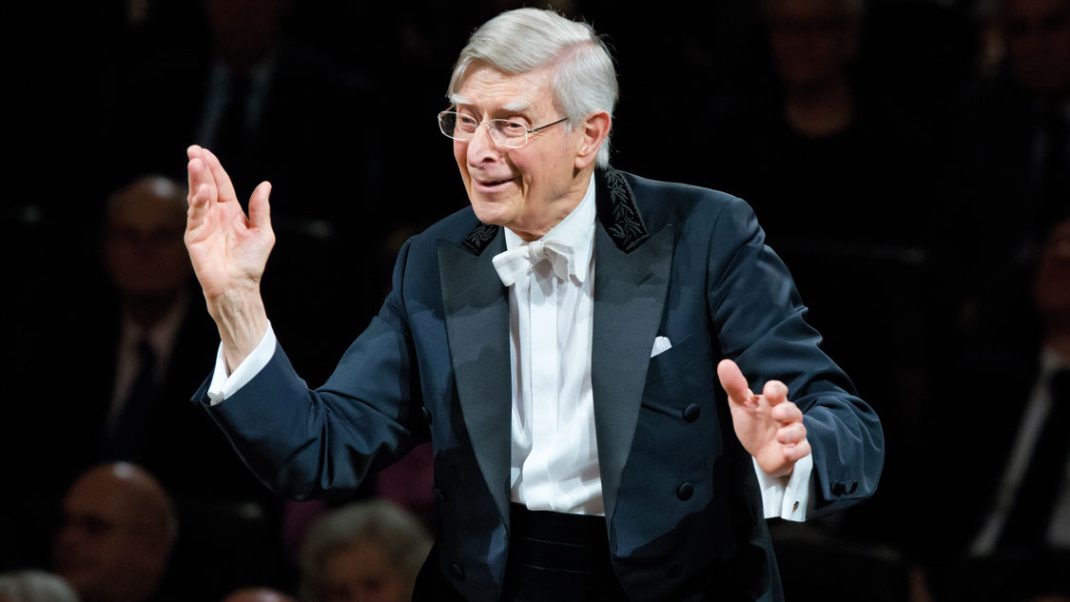No doubt, there are conductors who inject a stronger personality into this great symphony, but with glowing playing throughout from the Leipzig Gewandhaus Orchestra it’s hard not to enjoy this affectionate and superbly recorded new version.
“Brahms: Symphony No. 2 & Academic Festival Overture,” performed by Herbert Blomstedt, Gewandhausorchester Leipzig, is the orchestral choice of June for BBC Music Magazine! Read the full review below:
Herbert Blomstedt takes a decidedly autumnal view of Brahms’s Second Symphony – and he has every right to do so when you consider that at the time this live recording was made, in October 2019, he was 92.
His lingering account of the first movement alone occupies well over 20 minutes, and comes complete with the long and seldom observed first-half repeat. The transition back to the beginning is only heard if the repeat is made, and it offers us eight bars of virtually unknown Brahms. The scherzo-like episodes of the otherwise graceful third movement find Blomstedt again a little more reserved than we’re used to in this piece, and so it’s left to the finale to unleash a real sense of energy. Here, Blomstedt doesn’t hold back; and as the music becomes increasingly exuberant, culminating in the toe-tapping ‘Scotch-snap’ rhythm of its closing subject, so, too, does the music-making.
No doubt, there are conductors who inject a stronger personality into this great symphony, and convey its ebb and flow a bit more compellingly (Wilhelm Furtwängler or George Szell, for instance), but with glowing playing throughout from the Leipzig Gewandhaus Orchestra it’s hard not to enjoy this affectionate and superbly recorded new version. The Academic Festival Overture, which was once described by Brahms as ‘a very merry potpourri of student songs à la Suppé,’ makes an ideal companion-piece.
Pentatone have already given us the First Symphony with Blomstedt and the Leipzig Gewandhaus, so let’s hope the two remaining works of the cycle will follow.
Misha Donat



